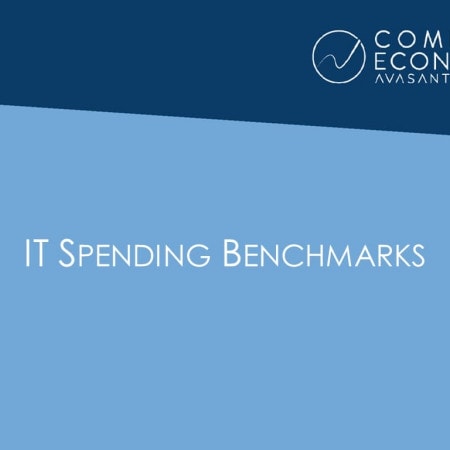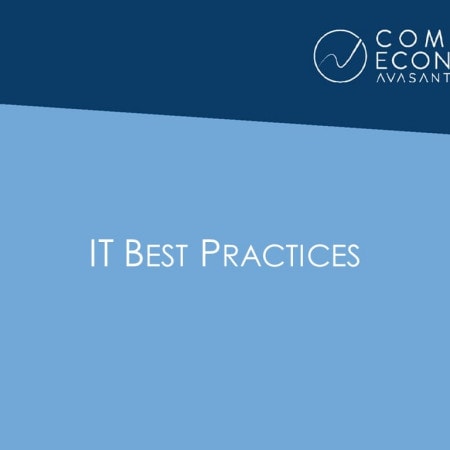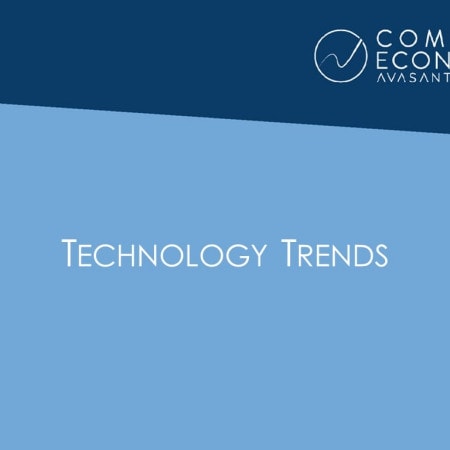-

Internet Users Worldwide 2002 to 2006 (November 2002)
By 2004, Asia/Pacific Internet users will surpass the North American total by 25 million.
November, 2002
-

B2B Online Usage by Manufacturing Companies (November 2002)
Only 10 percent of the manufacturing plants surveyed were making online payments to vendors in 2000. However about 30 percent plan to be conducting business in this manner by year-end 2002.
November, 2002
-

Malicious Code Attacks Had $13.2 Billion Economic Impact in 2001
Malicious code attacks continued to have significant economic impact during 2001. The following figures show the Computer Economics analysis of the worldwide economic impact of malicious code attacks. Data is provided by year and for specific high profile incidents.
September, 2002
-

Investment Software Vendors Settle FTC Charges
In January 2001, an investment trading software company that used theoretical past earnings charts to sell a high-priced software program agreed to settle Federal Trade Commission charges that its claims were deceptive, in violation of federal law. The proposed settlement requires substantiation for any future earnings claims; bars misrepresentations that simulated earnings data represent actual trading results; and requires prominent disclosure of the high-risk nature of stock trading.
September, 2002
-

Legal Protection for Copyrighted Material Online (Feb 2001)
The Digital Millennium Copyright Act provides some new approaches to protect copyrighted material on the Internet. In particular, for sites which employ products or services to prevent unauthorized access to copyrighted works (such as video, audio, text files, or computer software) or which use a digital rights management system to identify and control access to copyrighted works, these laws allow for lawsuits (and in some cases file criminal charges) against those who are violating these sections.
September, 2002
-

Video on Demand Hits the Internet (Mar 2001)
Full length movies are destined for Internet distribution, whether by streaming, by download, Napster-style file sharing, or some combination of means. Internet companies and movie studios alike are now making this a reality.
September, 2002
-

Legal Guide: Use of Trademarks Within Metatags (Apr 2001)
Metatags are HTML code contained in a website but not visible to Web users. Search engines use "descriptive" and "keyword" metatags to identify sites that correspond to terms entered in the search fields. Many companies list their trademarks, such as the company name or names of its products or services, in their website's metatags. This is especially useful if Web users are likely to know a company's trademarked product, such as Post-Its, but may not know the company's name or domain name.
September, 2002
-

Internet “Pagejacker” Settles FTC Charges (Apr 2001)
Australian defendant, Gregory Lasrado, has agreed to settle Federal Trade Commission charges that a scheme that hijacked unwitting Internet surfers violated the FTC Act. Lasrado participated in a scam that copied existing websites and inserted coded instructions in the copycat sites which automatically redirected consumers to adult sites operated by the defendants. Then the scammers disabled the browser's "back" and "exit" commands so that Internet surfers trying to escape the pornographic images faced screen after screen of similar material and advertisements for other adult sites.
September, 2002
-

SEC Settles Securities Fraud Action Against Tokyo Joe (Apr 2001)
In March 2001, the Securities and Exchange Commission (SEC) settled the enforcement action it brought in 2000 against Yun Soo Oh Park, the Internet stock picker known as "Tokyo Joe," and the company Park controls, Tokyo Joe's Societe Anonyme Corp.
September, 2002
-

Fanning the Flames: Introducing Two New Top Level Domain Names (Jun 2001)
Just when you thought you had registered all the domain names you needed to protect your company's interests on the Internet, ICANN, the non-profit corporation that oversees the administration of the domain name system, has decided to pave the way for a brand new domain name gold rush. ICANN recently announced its approval of the new .biz and .info top level domain (TLD) registries. In theory, the new TLDs are a new opportunity for legitimate concerns to stake their claim on some appropriate online real estate. In reality, we are more likely just to see two new battlefields for domain name disputes. The only real winners will be the domain name registrars who stand to rake in some serious cash, regardless of whether the new TLDs prove to be a blessing or a curse.
September, 2002
-

Domain Name Disputes: Pick Your Battles…and Your Battleground (Jan 2002)
Domain name registrants and trademark holders seeking a forum in which to wage a domain name dispute have only a few options. In late 1999, the Internet Corporation for Assigned Names and Numbers (ICANN) created a domain name dispute resolution system, and already more than 5,000 complaints have been filed by trademark holders seeking to gain control of domain names which they believe infringed their rights. This system, the Uniform Dispute Resolution Policy (UDRP), provides for neutral third party arbitrators to preside over such disputes. However, these non-judicial proceedings may be biased in favor of trademark holders, and such decisions remain subject to review in the courts.
September, 2002
-

E-Commerce Update: Sales and Satisfaction on the Rise (Mar 2002)
Despite an economic recession and the tragedy of September 11, the analysis of last holiday seasonâs ecommerce performance is encouraging. Total sales revealed modest but encouraging gains, and consumer surveys revealed growing satisfaction with service levels provided by emerchants. As the net economy rebuilds itself in 2002, the forecast looks only partly cloudy, and there is cause for optimism in the days ahead.
September, 2002
-

Preventing Domain Name Registrations From Lapsing (Mar 2002)
Domain name registrants are well aware of the issue of cybersquatting, which is the practice of registering a domain name for the purpose of extracting a fee from the "rightful" owner in exchange for its transfer. Another peril poses a more persistent, if less controversial, risk. That peril is that a valid domain name simply may lapse and become generally available, possibly without the registrant's knowledge.
September, 2002
-

Lawyers Versus Spammers (Apr 2002)
Bulk commercial email has become a common practice in business promotion. For the senders, the practice is a quick and inexpensive means of reaching a large audience. For the recipients, "spam" is almost always an intrusion and a nuisance. Legislators in many states have responded to the public outcry with laws designed to bring some accountability to the spammers and some recourse for the recipients. In California, the bounds of the anti-spamming law may soon be tested in court.
September, 2002
-

O Broadband, Where Art Thou? (May 2002)
For several years now, we have been told that widespread adoption by consumers of broadband Internet access is on the horizon, but that horizon never seems to draw closer. Broadband services are available to more than half of the population of the United States, and yet less than ten percent are subscribers. When can the Internet business world expect to see its user base embrace broadband?
September, 2002

 Grid View
Grid View List View
List View